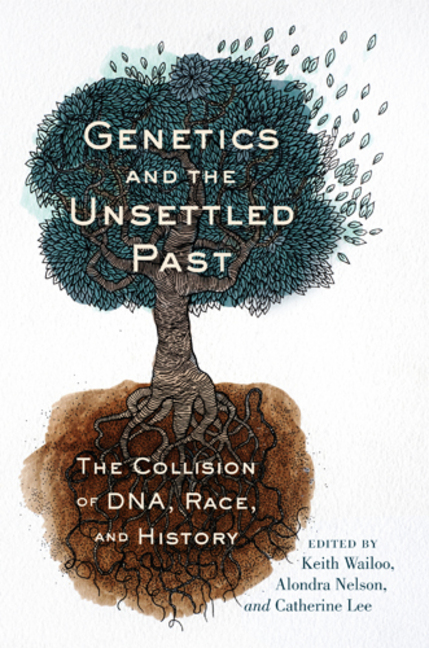African-American Reflections on Brazil’s Racial ParadisePosted in Anthologies, Books, Brazil, Caribbean/Latin America, History, Media Archive, Politics/Public Policy, Social Science, United States on 2011-12-12 17:30Z by Steven |
African-American Reflections on Brazil’s Racial Paradise
Temple University Press
February 1992
276 pages
5.5 x 8.25
Cloth ISBN: 0-87722-892-2
eBook ISBN: 978-1-59213-104-4
Edited by
David J. Hellwig, Professor Emeritus of Interdisciplinary Studies
St. Cloud State University, St. Cloud, Minnesota
Essays that focus on the authors’ observations of race relations in Brazil from the first decade of the century through the 1980s
At the turn of the twentieth century, the popular image of Brazil was that of a tropical utopia for people of color, and it was looked upon as a beacon of hope by African Americans. Reports of this racial paradise were affirmed by notable black observers until the middle of this century, when the myth began to be challenged by North American blacks whose attitudes were influenced by the civil rights movement and burgeoning black militancy. The debate continued and the myth of the racial paradise was eventually rejected as black Americans began to see the contradictions of Brazilian society as well as the dangers for people of color.
David Hellwig has assembled numerous observations of race relations in Brazil from the first decade of the century through the 1980s. Originally published in newspapers and magazines, the selected commentaries are written by a wide range of African-American scholars, journalists, and educators, and are addressed to a general audience.
Contents
- Acknowledgments
- Preface
- Introcution: The Myth of the Racial Paradise
- Part I: The Myth Affirmed (1900-1940)
- 1. “Brazilian Visitors in Norfolk”
- 2. “Brazil vs. United States”
- 3. “Brazil and the Black Race”
- 4. “Brazil” – W.E.B. Du Bois
- 5. “Opportunities in Brazil: South American Country Offers First Hand Knowledge of the Solving of the Race Question”
- 6. “Brazil” – Cyril V. Briggs
- 7. “Wonderful Opportunities Offered in Brazil for Thrifty People of All Races” – Associated Negro Press
- 8. “South America and Its Prospects in 1920” – L. H. Stinson
- 9. “Brazil as I Found It” – E.R. James
- 10. “Sidelights on Brazil Racial Conditions” – Frank St. Claire
- 11. “My Trip Through South America” – Robert S. Abbott
- 12. “Sightseeing in South America” – William Pickens
- Part II: The Myth Debated (1940-1965)
- 13. “The Color Line in South America’s Largest Republic” – Ollie Stewart
- 14. “Stewart in Error – No Color Line in Brazil” – James W. Ivy
- 15. Letter by W.E.B. Du Bois to Edward Weeks, Atlanta, Georgia, October 2, 1941
- 16. “Brazil Has No Race Problem” – E. Franklin Frazier
- 17. “A Comparison of Negro-White Relations in Brazil and the United States” – E. Franklin Frazier
- 18. Excerpt from Quest for Dignity: An Autobiography of a Negro Doctor – Thomas Roy Peyton
- 19. “Brazilian Color Bias Growing More Rampant” – George S. Schuyler
- 20. “The Negro in Brazil” – Lorenzo D. Turner
- Part III: The Myth Rejected (1965-)
- 21. “From Roxbury to Rio-and Back in a Hurry” – Angela M. Gilliam
- 22. “Brazil: Study in Black, Brown and Beige” – Leslie B. Rout, Jr.
- 23. “Equality in Brazil: Confronting Reality” – Cleveland Donald, Jr.
- 24. “‘Mestizaje’ vs. Black Identity: The Color Crisis in Latin America” – Richard L. Jackson
- 25. “Black Consciousness vs. Racism in Brazil” – Niani (Dee Brown)
- 26. “Brazil and the Blacks of South America” – Gloria Calomee
- 27. “In Harmony with Brazil’s African Pulse” – Rachel Jackson Christmas









